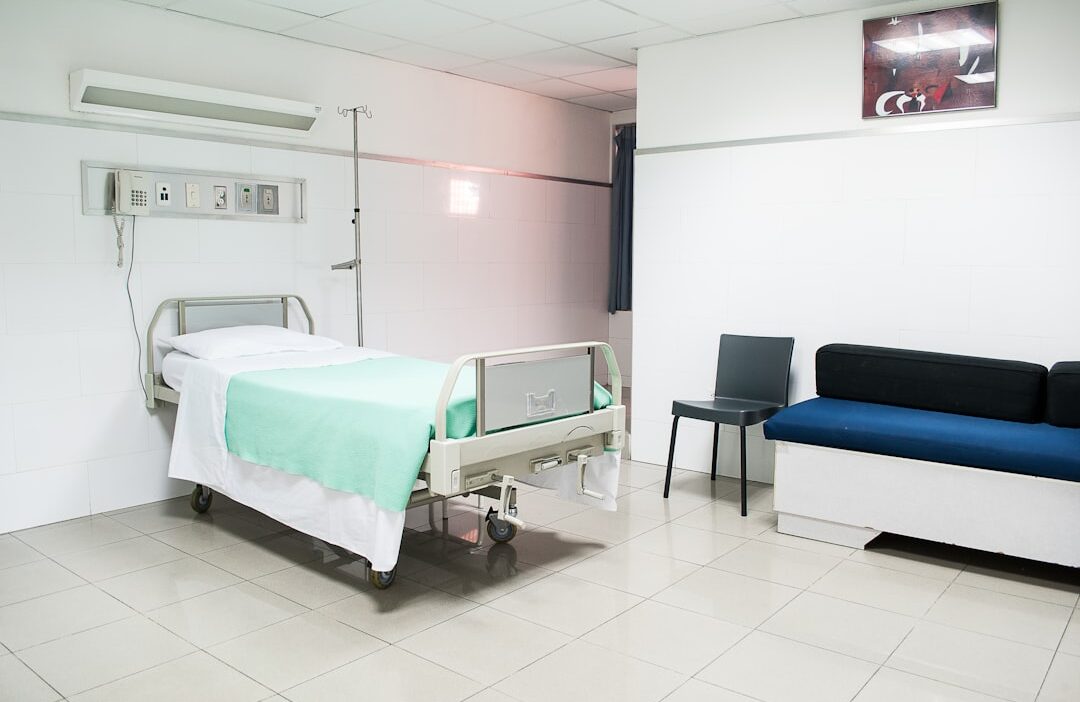Gaza Hospital Strike Adds to Regional Instability, Threatening Economic Development
The already fragile economic landscape of the Middle East has been further destabilized by an airstrike on Al-Ahli Arab Hospital in Gaza City, resulting in a reported death toll of at least 500, with hundreds more injured. While Israel claims the strike targeted Hamas militants operating within the hospital, the incident has sparked international outrage and accusations of a war crime. This devastating event adds another layer of complexity to the ongoing conflict, with far-reaching implications for regional stability and economic prospects, particularly impacting young people seeking opportunities in a volatile environment.
The immediate economic consequences are already being felt. The healthcare system in Gaza, already strained by years of conflict and blockade, is now further crippled. The destruction of medical infrastructure represents a significant loss of capital investment and hinders the delivery of essential services, exacerbating the humanitarian crisis. Beyond the immediate damage, the strike threatens to further deter foreign investment in the region, crucial for job creation and economic growth. The escalating conflict fuels uncertainty, making the region a less attractive prospect for businesses and investors. This directly impacts young people’s prospects for employment and entrepreneurial endeavors, limiting their ability to contribute to and benefit from economic development. Furthermore, the disruption of trade routes and supply chains due to the heightened conflict contributes to inflation and scarcity of essential goods, further burdening vulnerable populations.
Looking ahead, the economic outlook for the region remains bleak. The prolonged conflict hinders long-term development plans and diverts resources away from crucial social programs, including education and job training, which are essential for empowering young people. The cycle of violence creates a climate of fear and instability, making it difficult for businesses to operate and for young people to plan their futures. The destruction of infrastructure, coupled with the loss of human capital, represents a setback for any hopes of sustainable economic recovery. For young people in the region, this translates to limited opportunities, increased unemployment, and a precarious future. The international community faces a significant challenge in mitigating the economic fallout and fostering a path towards stability and sustainable development in the region. Rebuilding trust and fostering a climate conducive to economic growth will require a concerted effort from all stakeholders, including governments, international organizations, and the private sector.





